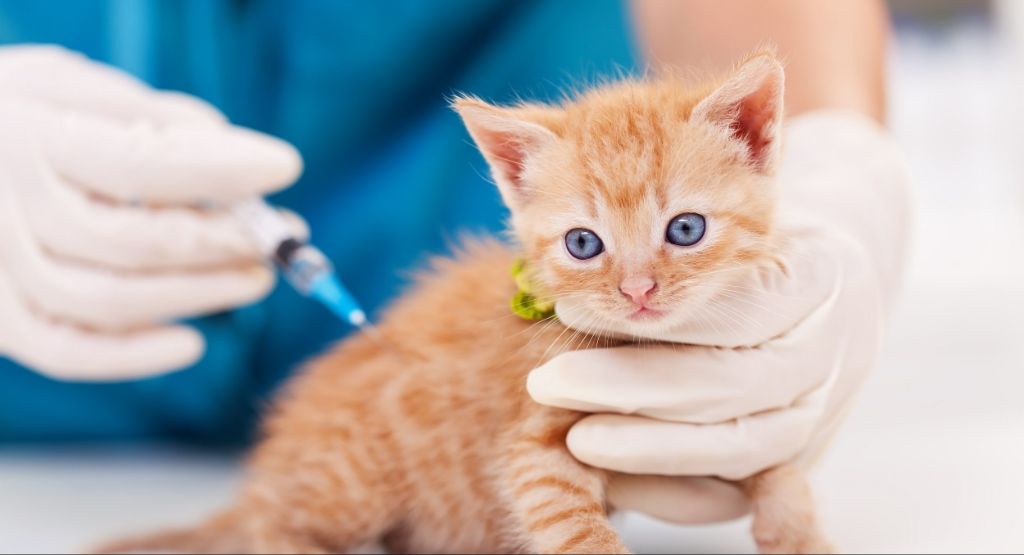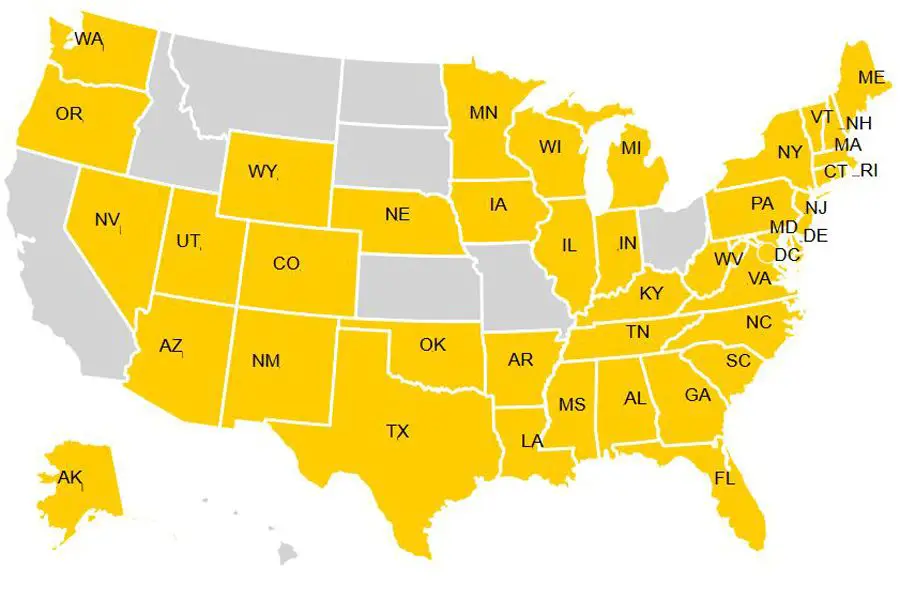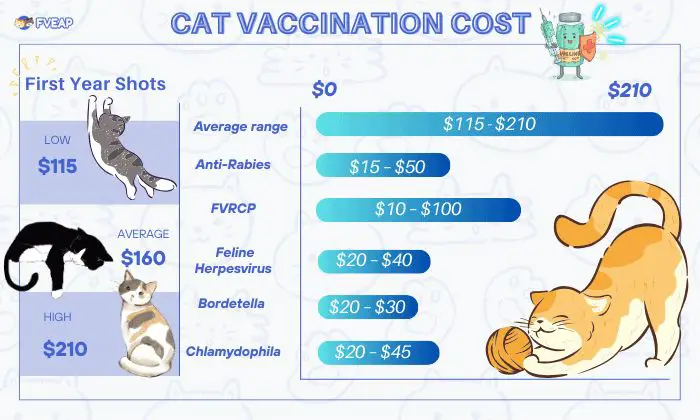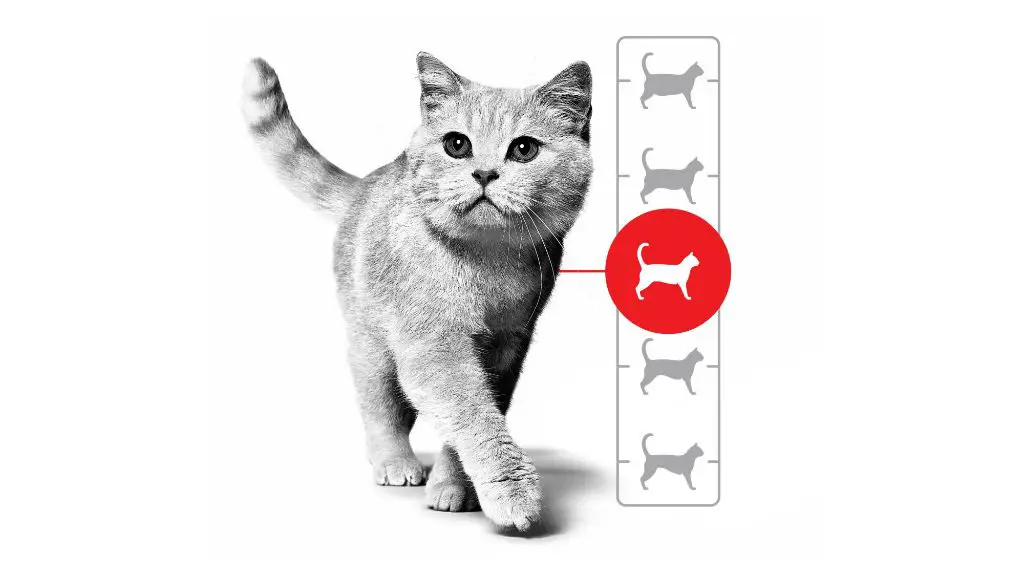Cat vaccinations play an important role in public health and pet wellbeing. Diseases like rabies and feline leukemia virus (FeLV) are highly contagious and can spread rapidly between cats, wildlife, and even people without proper vaccination protocols. While there is no nationwide law in the US mandating cat vaccinations, many states and municipalities have enacted local statutes and ordinances requiring certain vaccinations for cats in order to control disease spread. Laws regarding mandatory cat vaccinations vary widely based on location, with some areas requiring rabies and FeLV vaccines and others requiring only rabies. Understanding the specific laws in your jurisdiction is important for cat owners striving to keep their pets healthy and the community safe.
Background on Common Cat Diseases
Common diseases in cats include feline immunodeficiency virus (FIV), feline leukemia virus (FeLV), rabies, and upper respiratory infections (Common Cat Diseases). These diseases can lead to serious illness and even death if left untreated.
FIV is a viral infection that weakens the immune system, making cats more susceptible to other illnesses. It is transmitted primarily through bite wounds and is estimated to infect 2-3% of cats worldwide (Common Cat Diseases). There is currently no cure for FIV, but infected cats can live for years with proper care.
FeLV is another serious viral infection in cats that suppresses the immune system. It is transmitted through close contact between cats and affects up to 3% of cats, with a mortality rate of approximately 85% within 3 years of diagnosis if left untreated (Common Cat Diseases). There is no cure but vaccines and good nutrition can help infected cats live longer.
Rabies is a fatal viral disease transmitted through saliva that can infect all warm-blooded mammals, including cats. Rabies has a mortality rate near 100% once clinical signs appear. Prevention is key through vaccination (24 Common Cat Diseases & Health Problems).
Upper respiratory infections are extremely common in cats and transmitted through direct contact or airborne droplets. The viruses target the upper respiratory tract, causing symptoms like sneezing, runny nose, and eye discharge. Mortality is low but cats can remain chronically infected (Common Cat Diseases).

Vaccine-Preventable Diseases
Some of the most serious and widespread diseases affecting cats can be prevented through timely vaccination. According to the Cornell Feline Health Center, the major diseases that are preventable through vaccination include: Feline Vaccines: Benefits and Risks
- Rabies – Rabies is almost always fatal once clinical signs appear. The rabies vaccine is nearly 100% effective in preventing this disease.
- Feline Panleukopenia – Also known as feline distemper, panleukopenia is highly contagious and often fatal, especially in unvaccinated kittens. Vaccination provides a high degree of protection.
- Feline Viral Rhinotracheitis – Upper respiratory infections caused by FVR are common in shelters and multi-cat environments. While not usually fatal alone, it can lead to more serious secondary infections. Vaccines are 80-100% effective.
- Feline Calicivirus – Another major upper respiratory pathogen, calicivirus causes oral ulcers and pneumonia. Like FVR, it is very contagious. Vaccines provide about 80% protection.
- Feline Leukemia Virus (FeLV) – A retrovirus spread through saliva and nasal secretions, FeLV suppresses the immune system, causing cancer and other diseases. According to one study, certain vaccines provide nearly 100% protection against FeLV infection Comparative Efficacy of Feline Leukemia Virus (FeLV) Vaccines.
While not every vaccine is 100% effective, following veterinary protocols for core vaccines provides cats with critical protection against diseases that remain common – especially in unvaccinated populations.
Core vs Non-core Vaccines
Core vaccines are those that every cat should receive because they provide protection against diseases that have significant health implications and are easily transmitted (according to Riverstone Vet Group). Core vaccines for cats generally include:
- Rabies – Rabies is required by law in most states because it is a fatal disease that can spread to humans.
- Panleukopenia (also known as feline distemper) – A highly contagious and deadly virus.
- Rhinotracheitis – The feline herpes virus that causes upper respiratory infection.
- Calicivirus – Another major cause of upper respiratory infections in cats.
Non-core vaccines are optional based on the cat’s lifestyle and risk factors. Some common non-core vaccines include (according to AAHA):
- Feline Leukemia Virus (FeLV) – Protects against a retrovirus that suppresses the immune system.
- Chlamydia Felis – Prevents respiratory infections and conjunctivitis.
- Bordetella Bronchiseptica – Protects against a type of bacteria that causes kennel cough.
- Feline Immunodeficiency Virus (FIV) – A retrovirus that weakens the immune system, but is harder to transmit than FeLV.
State and Local Laws
There is no federal law in the United States requiring cats to be vaccinated against rabies. Rabies vaccination laws are determined at the state and local levels. In general, rabies vaccination is mandated more frequently for dogs than cats across the country.

According to the CDC,only 39 states mandate rabies vaccination for cats. Some states require first rabies vaccination by 3-6 months of age, with boosters every 1-3 years after. States like Hawaii and Illinois have no rabies vaccine requirements at all for cats.
At the local level, some municipalities require cat licensing and registration along with proof of rabies vaccination. For example, New York City requires all cats over 4 months to be licensed and vaccinated. Fees and penalties may apply for unlicensed pets. Other cities like Los Angeles and Houston have no licensing or registration requirements for cats.
In summary, rabies vaccine laws for cats vary greatly across the US. Pet owners should check with their local animal control agency to understand requirements in their jurisdiction.
Veterinary Recommendations
Major veterinary associations including the American Animal Hospital Association (AAHA) and the American Association of Feline Practitioners (AAFP) publish evidence-based guidelines on recommended vaccination schedules for cats. The guidelines are developed by panels of experts based on extensive review of scientific literature.
The 2020 AAHA/AAFP Feline Vaccination Guidelines recommend the following core vaccines for all pet cats: feline herpesvirus 1 (FHV-1), feline calicivirus (FCV), feline panleukopenia virus (FPV), and rabies. Non-core vaccines may be recommended by vets on a case-by-case basis depending on the cat’s lifestyle and risk factors. These include vaccines for feline leukemia virus (FeLV), Chlamydia felis, Bordetella bronchiseptica, and feline immunodeficiency virus (FIV).
For the core vaccines, the guidelines recommend a FPV and rabies vaccine at 8-12 weeks of age, with a booster 1 year later, then boosters every 3 years. FHV-1 and FCV vaccines are recommended at 8-12 weeks with a booster in 3-4 weeks, then annually.
Cost-Benefit Analysis
Getting regular vaccinations for cats can help prevent costly veterinary bills down the road if a cat were to contract a disease that vaccines protect against. According to the American Veterinary Medical Association (AVMA), core vaccines like rabies and distemper generally cost between $15-$28 per vaccine (1). Compare this to the average cost of treating distemper, which can range from $500-$2,000 including supportive care and hospitalization (2).

For outdoor cats, vaccines are especially important to reduce the risk of contracting diseases since they are more likely to encounter viruses and bacteria when interacting with other animals. Indoor cats have a lower risk overall, but vaccines are still recommended to protect their health if they accidentally get outside or are exposed to people and animals visiting the home.
Some low-cost vaccination clinics or shelters offer packages for the complete core vaccine series for $25-$60, which can make staying current on vaccines more affordable (3). Pet health insurance can also offset costs if a cat did develop an illness, with average premiums ranging from $15-$45 per month (4).
Overall the low cost of vaccines compared to treating contagious diseases makes them a worthwhile investment for any cat owner concerned about their pet’s health and their own budget.
Sources:
(1) https://www.avma.org/resources-tools/pet-owners/petcare/veterinary-care-cat
(2) https://www.thesprucepets.com/feline-distemper-treatment-costs-555334
(3) https://www.latimes.com/compare-deals/insurance/guides/cat-vaccinations-cost
(4) https://www.metlifepetinsurance.com/blog/pet-health/cat-vaccinations-cost/
Enforcement Mechanisms
Rabies vaccination laws are primarily enforced on a complaint basis rather than proactive enforcement. This means that authorities generally won’t check vaccination records without prompt, but will investigate if a complaint is made about a non-vaccinated animal.[1]
Penalties for failing to vaccinate cats against rabies vary by jurisdiction. In some areas, owners may receive a fine ranging from $50-500 for a first offense. Repeat offenses often carry higher fines. Some jurisdictions may also impound unvaccinated cats until they receive a rabies vaccine. Criminal charges are rare but possible in some cases where non-compliance leads to rabies exposure. Ultimately, the enforcement goal is to promote vaccination rather than strictly punish owners.
Veterinarians also play a role in encouraging rabies vaccinations during routine wellness exams. However, they typically cannot force an owner to vaccinate their cat if they refuse. But vets may refuse to treat unvaccinated cats to minimize rabies exposure risks to themselves and other patients.
Exemptions
Even in areas where rabies vaccination is legally required for pets, exemptions may be granted under certain conditions. A rabies vaccine exemption allows an unvaccinated pet to remain licensed and legal in jurisdictions that have mandatory rabies vaccination laws.
Medical exemptions are available if a licensed veterinarian examines the animal and certifies in writing that a rabies vaccination would endanger the animal’s health due to disease, infirmity, or other medical considerations. These exemptions must be renewed on an annual basis, with a reexamination by a veterinarian to confirm the pet is still not a candidate for the vaccine.1 Veterinarians may charge a fee for providing this service.
The process for obtaining a medical exemption varies by jurisdiction but typically involves submitting a written declaration from the examining veterinarian to local animal control or public health authorities. Pet owners may need to provide additional documentation such as proof of prior vaccination history or lab test results. Exempted pets may be required to follow secondary precautions such as leash laws and indoor confinement.
Some states also allow exemptions for older pets who have a documented history of prior vaccination. Religious exemptions are less common but may be available in certain areas. Pet owners should check with local authorities to learn about exemption eligibility, documentation requirements, renewal policies, and costs in their jurisdiction.
Conclusion
In summary, while cat vaccinations are not explicitly required by law across all states, they are strongly recommended by veterinarians to protect feline health. Core vaccines like rabies are mandated in most states, but laws vary for other non-core immunizations. Regardless of legal requirements, keeping cats up-to-date on vaccines can prevent diseases, save on future costs, and support public health. Cat owners should consult their vets to develop an appropriate vaccination schedule for their pet’s lifestyle and risk factors. Though a small minority of cats cannot be safely vaccinated due to health conditions, most cats benefit greatly from routine immunizations. Preventing common feline illnesses through vaccination improves cat welfare and longevity. With a better understanding of state laws and vet guidelines around cat vaccines, owners can make informed decisions and do their part to reduce the spread of preventable cat diseases.

The key takeaways for cat owners are:
- While not explicitly required in all states, core vaccines like rabies are mandated by law in most areas.
- Non-core vaccines are recommended based on lifestyle and risk factors.
- Vaccinations protect cat health, save costs, and support public health.
- Owners should consult their vet on the optimal vaccine schedule for their cat.
- Preventing illness through timely vaccination improves cat welfare.

